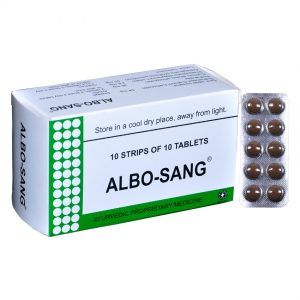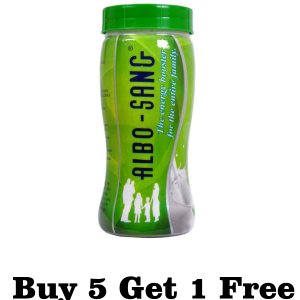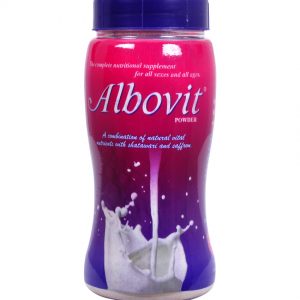[vc_row][vc_column preset=”mpc_preset_91″ content_preset=”_mpc_preset_91″][vc_row_inner disable_element=”yes”][vc_column_inner][vc_custom_heading text=”Decil, Chesol, & Remorin” font_container=”tag:h2|font_size:24|text_align:left” use_theme_fonts=”yes” css=”.vc_custom_1562605416965{margin-bottom: 10px !important;}”][/vc_column_inner][vc_column_inner width=”1/3″ css=”.vc_custom_1450268258000{padding-right: 0px !important;}” offset=”vc_col-xs-4″][mpc_divider align=”left” content_padding_divider=”true” content_padding_css=”padding-right:10px;” lines_color=”#7354c9″ lines_weight=”2″][/vc_column_inner][vc_column_inner width=”2/3″ css=”.vc_custom_1450268248540{padding-left: 0px !important;}” offset=”vc_col-xs-8″][mpc_divider align=”left” content_padding_divider=”true” content_padding_css=”padding-right:10px;” lines_color=”#eeeeee” lines_weight=”2″][/vc_column_inner][/vc_row_inner][vc_empty_space height=”45px”][vc_row_inner disable_element=”yes”][vc_column_inner width=”1/2″][vc_column_text]An embrocation for muscular aches and pains, chest colds, and bronchitis. A combination of ayurvedic drugs for Rheumatoid Arthritis and Osteoarthritis. Combination of two well known analgesics and antipyretics.
Pharmacology:
Gumchi is used in inflammation and pains.
Bach is used in chronic rheumatism and as counter irritant.
Sunth is used as local stimulant and rubefacient.
Jamal gota is used in bronchitis, rheumatism and painful affections of joints and limbs.
Ajwan is used in inflammations.
Capsicum is a powerful local irritant and rubefacient.
Elva is applied in painful inflammations and ulcers.
Clove oil is an antiseptic local irritant and rubefacient.
Reduces inflammation of joints; relieves pain; controls muscular spasm; slows down fatty degenerative changes. The Guggul constituent of REMORIN also offers hypolipidaemic / Hypocholesteraemic activity.[/vc_column_text][/vc_column_inner][vc_column_inner width=”1/2″][vc_gallery interval=”3″ images=”1879,1881,1728,1804,1806″ img_size=”large”][/vc_column_inner][/vc_row_inner][vc_empty_space height=”10px”][mpc_accordion preset=”mpc_preset_5″ auto_close=”true” auto_indent=”true” opened=”1″ title_font_preset=”mpc_preset_17″ title_font_color=”#666677″ title_font_size=”14″ title_font_transform=”uppercase” title_font_align=”left” title_margin_divider=”true” title_margin_css=”margin-bottom:15px;” hover_title_color=”#7354c9″ content_font_color=”#666677″ content_font_size=”15″ content_font_line_height=”1.6″ content_padding_divider=”true” content_padding_css=”padding-bottom:20px;” mpc_icon__icon=”eti eti_arrow_triangle-right” mpc_icon__icon_color=”#666666″ mpc_icon__icon_size=”20″ mpc_icon__padding_divider=”true” mpc_icon__padding_css=”padding-right:15px;” mpc_icon__hover_icon=”eti eti_arrow_triangle-down” mpc_icon__hover_icon_color=”#7354c9″][mpc_accordion_tab title=”Description”][vc_column_text]Low blood pressure, or hypotension, is a condition, wherein the blood pressure of a person is less than 90/60 mm/Hg. Though low blood pressure is considered to be a sign of healthy living, problem arises when the blood pressure becomes exceedingly low or drops suddenly, depriving the brain of adequate supply of blood. Excessively low blood pressure may also lead to lack of oxygen and nutrients from the other vital organs, causing the life-threatening condition called shock. The main symptoms of low blood pressure are dizziness and fainting. In the following lines, we have provided the major causes and symptoms of low blood pressure.
Causes Of Low Blood Pressure
Advanced diabetes, Anaphylaxis (a life-threatening allergic response), Anti-anxiety agents, Changes in heart rhythm or arrhythmias, Nutritional deficiency, Dehydration, Emotional instability, Endocrine problems, Excessive intake of alcohol, Failure of the adrenal gland, Faulty nutrition, or malnutrition, Heart attack, Heart failure, Loss of blood, Certain medications, Pregnancy, Shock (from severe infection, stroke, anaphylaxis, major trauma, or heart attack), Slow internal bleeding in the gastrointestinal tract, kidneys or bladder.
[/vc_column_text][/mpc_accordion_tab][mpc_accordion_tab title=”Symptoms”][vc_column_text]Anxiety/depression, Black-outs, Blurred vision, Brain malfunction, Slow malfunctioning of all the organs, Chest pain, Cold, clammy, pale skin, Cough, with phlegm, Depression, Dizziness/ fainting, Dysphagia, Dysuria, Fever higher than 101 °F (38.3 °C) , Foul-smelling urine, Lack of concentration, Lethargy, More consciousness of heartbeats, Nausea, Shortness of breath, Sleep disturbances, Sweating, Thirst, Weakness and fatigue.[/vc_column_text][/mpc_accordion_tab][mpc_accordion_tab title=”Special Notes”][vc_column_text][/vc_column_text][/mpc_accordion_tab][/mpc_accordion][vc_empty_space height=”45px”][/vc_column][/vc_row][vc_row][vc_column]





